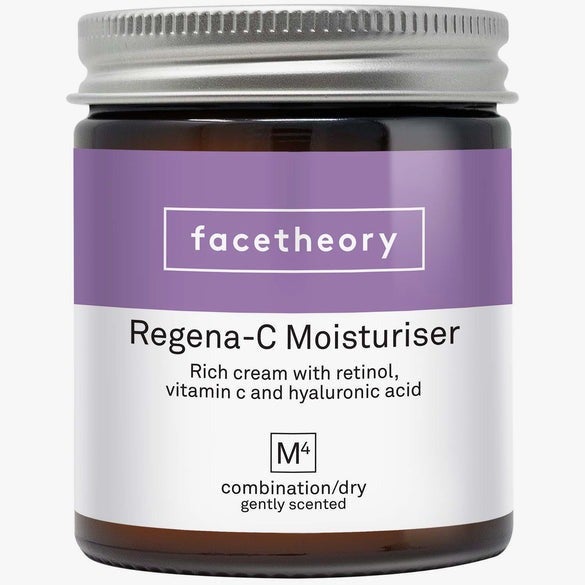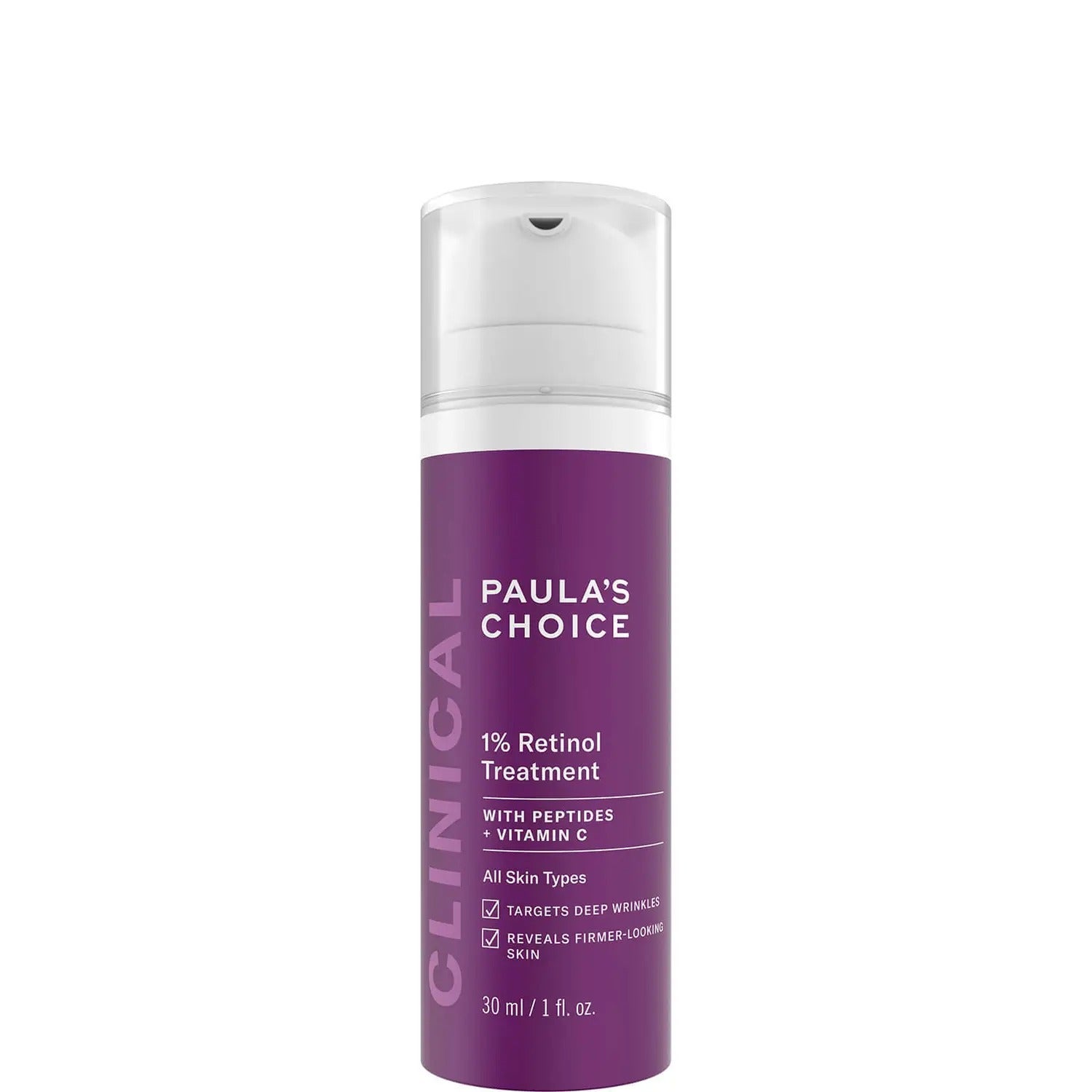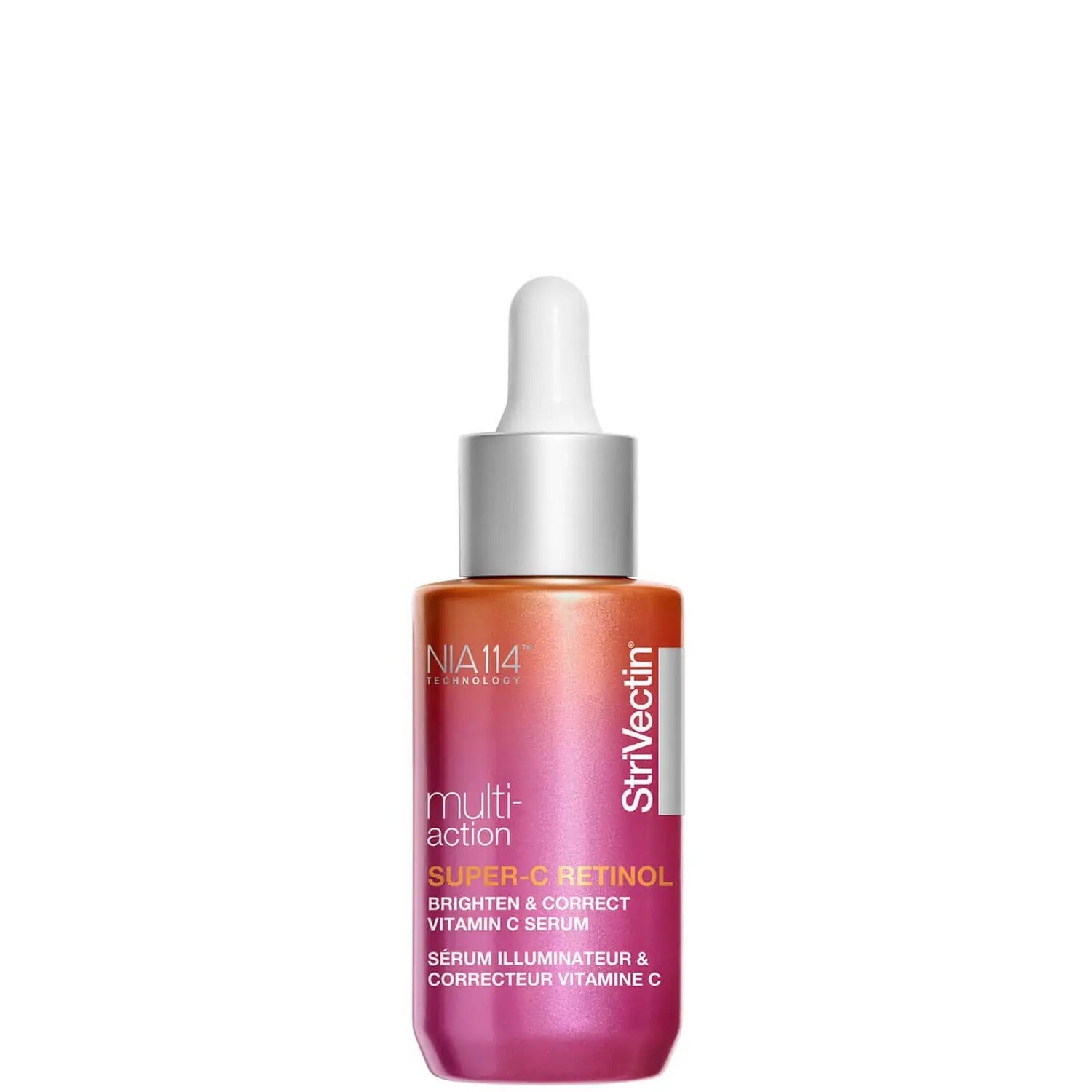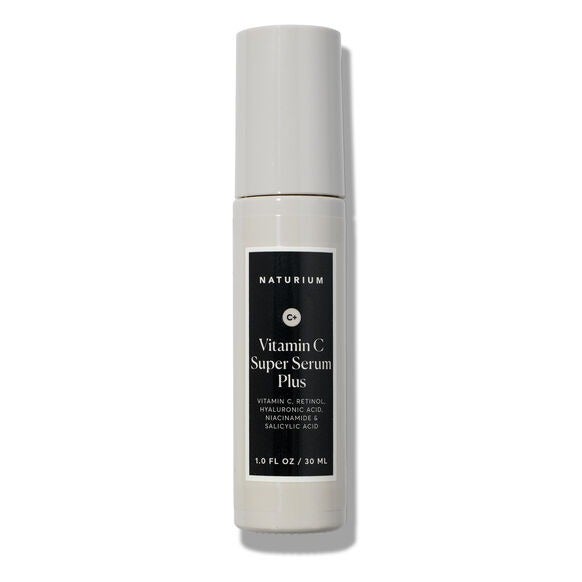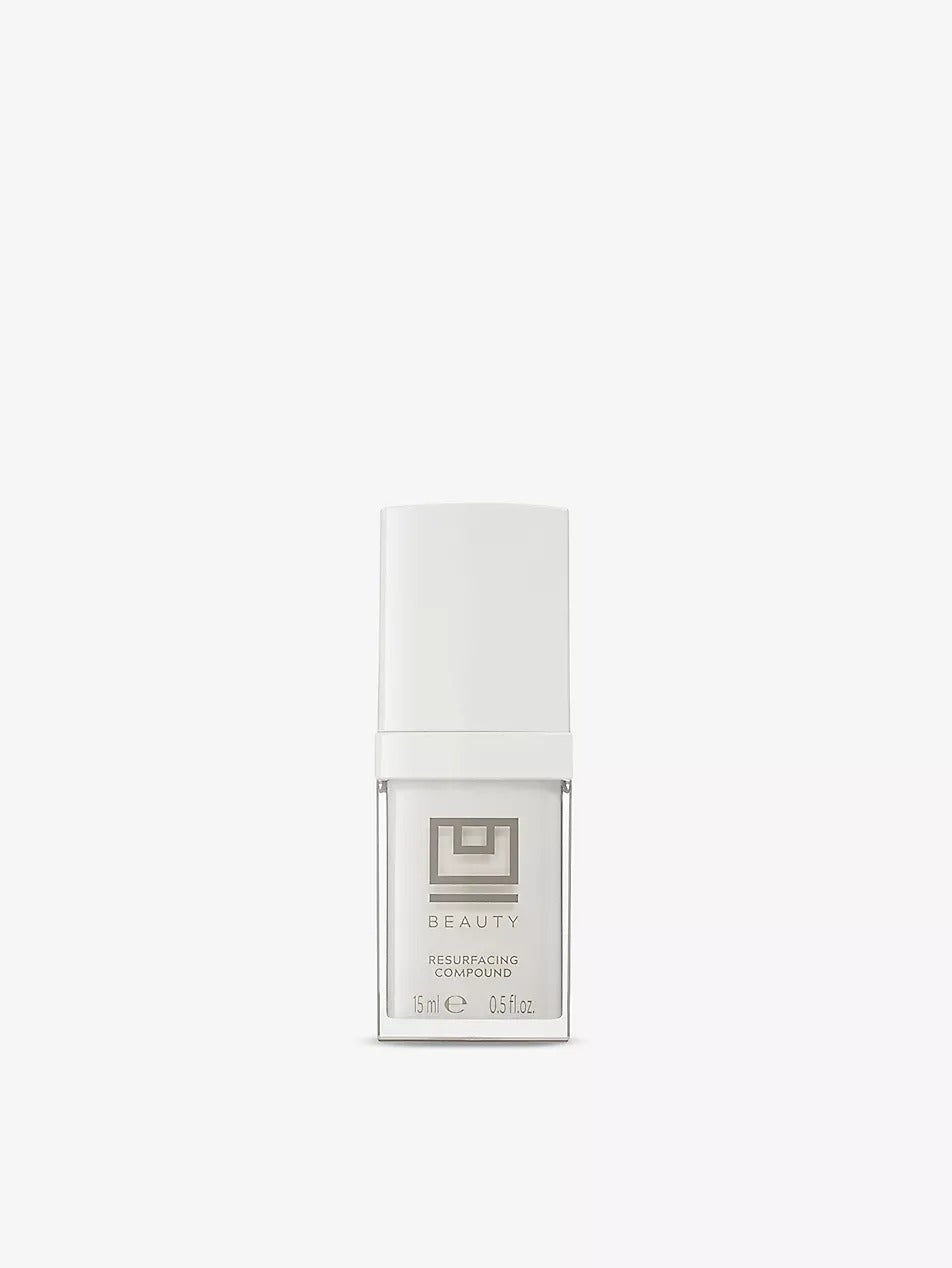Read This Before Combining Retinol & Vitamin C In Your Skincare Routine
The world of skincare can be overwhelming at times. There are so many rules about which ingredients work together (peptides go with everything) and which don’t (mixing harsh exfoliating acids is risky). I’m a beauty writer and I still double check that I’m not using conflicting ingredients that can potentially harm my skin in the long run.
One steadfast rule I hadn’t thought to question before is that vitamin C and retinol are not besties and should never be used together. On a surface level, it makes sense — these are two very potent ingredients. Vitamin C is often favoured for daytime use thanks to its antioxidant properties, which protect skin against environmental aggressors like pollution. On the other hand, retinol should be used in the evening because it can make the skin irritated by UV rays. Vitamin C is water-soluble, whereas retinol is oil-soluble, so they would counteract when used together. But then two things happened: A number of brands started combining retinol and vitamin C, and board-certified plastic surgeon, Dr Sheila Malek Kassir, encouraged me to start using vitamin C at night, rather than during the day, for maximum absorption.
AdvertisementADVERTISEMENT
I thought, Have I been foolishly misinformed this entire time? Am I the drama? I needed to find out, so I tapped a handful of trustworthy skincare experts to answer the question that’s been plaguing me: Should we be using vitamin C and retinol together, and how safe is it, really?
The benefits of combining vitamin C and retinol
Before we get really deep into combining the two ingredients, let’s examine their differences. Retinol is a form of vitamin A, which promotes skin cell turnover and boosts collagen production. You’ll commonly find it in skincare products which aim to refine skin texture (like fine lines and mild acne) and even out skin tone. Pure vitamin C (aka L-ascorbic acid) is an antioxidant, which also increases collagen production and promotes even skin tone, but it fights free radicals in the environment (think: pollution) which are known to make skin appear dull, too. In short, they offer a range of benefits for a multitude of skin types.
Separately, vitamin C and retinol are strong ingredients, and when used in high concentrations (or incorrectly) they can be irritating — and that’s where the “retinol at night, vitamin C during the day” mantra comes in. “Generally we advise clients to use vitamin C in the daytime, taking advantage of its antioxidant power to protect against environmental aggressors, then use retinol at night to promote cell turnover and support skin's repair process,” says Anna De La Cruz, licensed aesthetician and VP of product development and global education at Glo Skin Beauty.
AdvertisementADVERTISEMENT
Do note: We’re talking about products that combine retinol and vitamin C together in one single tube, rather than cocktailing vitamin C and retinol together yourself. Because both of these actives can be harsh and irritating, mixing formulas and concentrations yourself can do some damage. The experts have spent years — and money — working on these formulas to be not only effective, but safe on your skin, too.
The key to safely combining vitamin C and retinol, I’ve learned, is in the delivery systems. “Both vitamin C and retinol are very challenging ingredients to formulate with, as they both tend to be fragile and prone to breaking down over time, and in the case of retinol, can be irritating to new users.” says Dr Anne Beal, Founder of AbsoluteJOI. Given that both vitamin C and retinol are fragile ingredients, they are prime to expire faster over time, so how the ingredients make it onto your face is important. Look out for formulas which are ‘encapsulated’ — this means there is a protective layer around the active ingredient, which changes the way it can be delivered to the skin, making it likely to be less irritating.
How do you use vitamin C and retinol together?
Are retinol and vitamin C products safe? “[Products] combining vitamin C and retinol together in skincare have many benefits, such as improved skin texture and tone, reduction in fine lines and wrinkles and brighter looking skin,” says Kat Burki of Kat Burki Skincare, which has its own retinol/vitamin C product, Retin-C Treatment Complex. “This combination is suitable for non-sensitive skin types and really, for anyone looking for overall improved skin health.”
AdvertisementADVERTISEMENT
But it’s not perfect: Even with the magic in new delivery systems, there’s still the chance for irritation and skin sensitivity. “When used together, [vitamin C and retinol] is amazing for skin tightening, brightening, and evening out skin tone. The challenge is using the two can be very irritating," says Dr Beal. “The huge benefit of formulations that combine these two ingredients is [that] they generally are designed so you avoid the irritation from using these ingredients together.”
If you are interested in incorporating a product containing both vitamin C and retinol into your routine, the first question to ask is: Have you used a retinol product before? If you never have, introduce it gradually at night, over a two to four week period, something De La Cruz calls “retinising”. Just like with any other skincare product, it’s always best to start slowly and see how your skin responds, before working up to daily use. When in doubt, first do a patch test by applying the product on the inside of your arm, and waiting 24 hours to see if you have any reactions. If your skin doesn't react, start with a pea-sized amount of product once a week, then twice weekly.
If using a product that combines vitamin C and retinol, you’ll want to steer clear of using other skincare ingredients that may cause irritation to your skin such as exfoliating acids. Dr Beal suggests introducing ingredients that perform well with both retinol and vitamin C, namely hyaluronic acid, which hydrates skin and can help combat the dryness and irritation that can come from using retinol. It doesn’t necessarily have to be a serum, either — there are other products that combine both of the ingredients, like Face Theory Regena-C Moisturiser M4, £19. This will give you the benefits of everything without having to occupy too much shelf space.
AdvertisementADVERTISEMENT
Oh, and if you’re a loyal vitamin C user during the day and don’t want to lose that step in your morning routine, you can absolutely keep using vitamin C during the day, just keep your vitamin C and retinol combos to use after dark. (Many products containing retinol should not be used in the daytime, as retinol is known to be light-sensitive.) Just don’t forget to apply a high factor, broad-spectrum sunscreen in the daytime.
Also, products combining vitamin C and retinol are not necessarily new to the market. Paula's Choice CLINICAL 1% Retinol Treatment, £59, and StriVectin Super-C Retinol Brighten & Correct Vitamin C Serum, £62, have been around for a while now. There are plenty of great products incorporating vitamin C and retinol that contain additional nourishing ingredients for the skin — including Naturium Vitamin C Super Serum Plus, £27, and U Beauty Resurfacing Compound, £85. De La Cruz loves a product where the delivery system incorporates a version of vitamin C that is stable and non-irritating like Ascorbyl Glucoside.
Overall, the best reason to incorporate a vitamin C and retinol combo into your skincare routine is that it eliminates an extra step, making it easier to be consistent. Plus, a well-formulated product will be less likely to cause irritation.
At Refinery29, we’re here to help you navigate this overwhelming world of stuff. All of our market picks are independently selected and curated by the editorial team. If you buy something we link to on our site, Refinery29 may earn commission.
AdvertisementADVERTISEMENT







